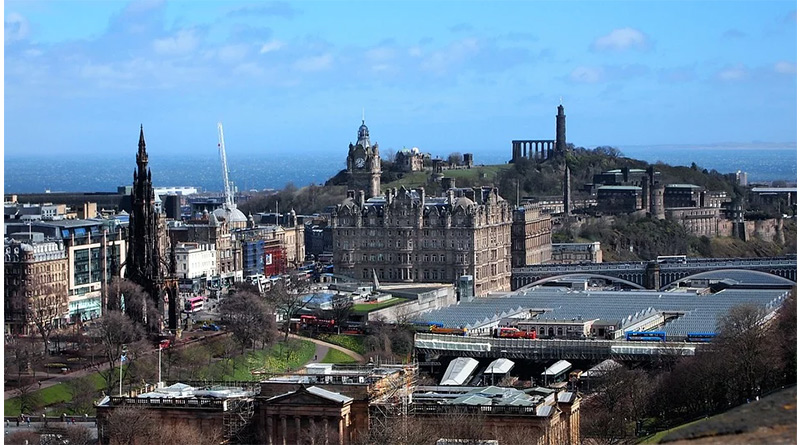Edinburgh Visitor Levy Launch Remains On Track Despite Industry Pressure

Edinburgh Council has rejected calls from major hospitality organisations to postpone the advance collection phase of its controversial visitor levy, maintaining its October 2024 start date despite warnings of potential legal action.
The decision, made at Thursday’s finance committee meeting, means accommodation providers must begin collecting charges from October for stays booked after the scheme launches in July 2026.
Leading hospitality trade bodies had pressed for a delay to the advance booking collection system, citing insufficient clarity in official guidance from both Edinburgh Council and the Scottish Government. Representatives argued they lacked adequate information to confidently implement the charging mechanism.
However, council officials firmly rejected these concerns, maintaining that the hospitality sector had received comprehensive guidance and enjoyed a substantial preparation period since the scheme’s announcement.
“The business community has benefited from nine months to adapt their operational procedures,” a senior council officer explained during the meeting. “Implementation timelines were communicated with complete transparency from 24th January this year.”
Conservative councillors championed the hospitality sector’s position, having previously raised delay concerns at last month’s full council session. Their motion to postpone the collection start was ultimately defeated.
Finance convener Mandy Watt, representing Labour, defended the timeline, emphasising strong public backing for the visitor levy among Edinburgh residents. She confirmed the council’s legal department had comprehensively reviewed the implementation schedule and supported proceeding without delay.
Additional complications have emerged regarding potential new Scottish Government regulations for visitor levies across Scotland. While acknowledging this uncertainty, council officers argued that postponing Edinburgh’s scheme would create greater business confusion.
“Delaying implementation based on speculation about possible regulatory changes would prove counterproductive for both the council and local businesses,” the officer stated. “Such an approach would generate increased uncertainty rather than providing clarity.”
Addressing compliance concerns, council representatives outlined a proportionate enforcement strategy. Officials confirmed they possess discretionary powers to waive penalties where businesses demonstrate genuine attempts to follow regulations.
Chief Executive Paul Lawrence assured councillors that any future Scottish Government policy changes would be brought before the committee to assess necessary modifications to Edinburgh’s scheme.
The visitor levy represents a significant policy shift for Edinburgh’s substantial tourism and hospitality sector. The scheme will apply to all commercial accommodation within the city boundaries, with revenue intended to support local infrastructure and services.
Industry concerns about implementation complexity reflect broader anxieties about operational costs and competitive positioning, particularly given Edinburgh’s status as a major international destination.
The October deadline now appears fixed, setting the stage for what could become a test case for visitor levy implementation across Scotland’s other major tourist destinations.
